‘A World Cup for the entire Middle East’
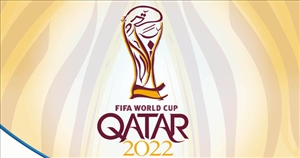
How many times have we heard Hassan al-Thawadi, the public face of Qatar’s 2022 World Cup, utter those words when talking about the Gulf state staging football’s showpiece tournament?

How many times have we heard Hassan al-Thawadi, the public face of Qatar’s 2022 World Cup, utter those words when talking about the Gulf state staging football’s showpiece tournament?
It may now be old news rather than fake news and have been somewhat overshadowed by subsequent events in Bahrain but was the invisible hand of the biggest figure in Asian sport behind the surprise election of a relatively unknown candidate to become Asia’s female representative on the FIFA Council last Monday?

It isn’t every day that a ban by FIFA’s ethics watchdogs is overturned on appeal. Many have tried and failed to clear their names, not least Sepp Blatter and Michel Platini.
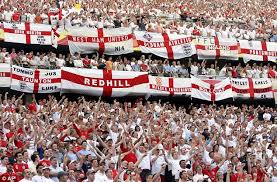
Whether we like it or not, Britain is leaving the EU, leading to all manner of ramifications, complications and consequences. But what effect will it have on the country’s place in European football?
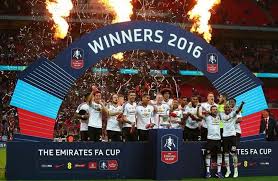
Call me old-fashioned but this has simply got to end. A year ago I wrote on this website about the FA Cup, football’s oldest – and greatest – domestic knockout competition being totally disrespected and devalued by top-flight clubs more interested in money than glory.
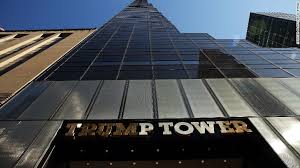
It’s still early days of course but legitimate questions are starting to be asked about the effect Donald Trump’s US presidency might have on the landscape of world football and specifically two huge issues: the 2026 World Cup and the FifaGate scandal.
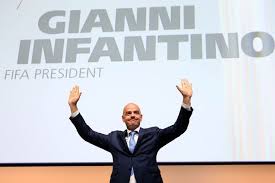
By Andrew Warshaw
All the benefits with no negatives. So proclaimed Gianni Infantino immediately after this week’s seismic decision to expand the World Cup to 48 teams. This is not about politics, he said. This is not about money. This is purely about serving football and redressing the game’s imbalances. Does anyone in their right mind really believe that?
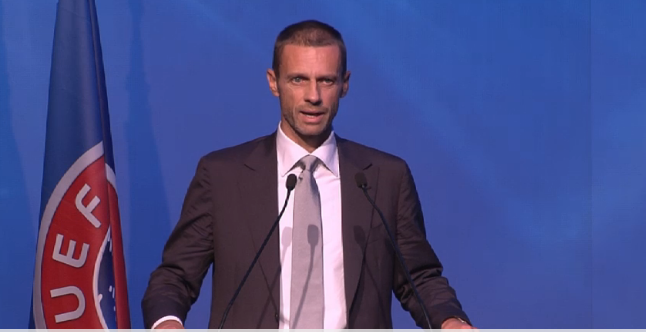
Minutes after chairing his first executive committee meeting as the seventh president in UEFA’s 62-year history, a suitably attired Aleksander Ceferin approached a lift on the lower ground floor at the luxury resort complex where the organisation’s top brass had been staying.
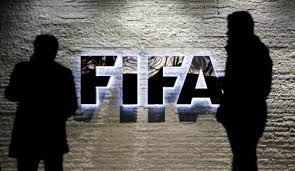
Suddenly, strangely, it has all gone quiet. After days and weeks of eager anticipation about whether Gianni Infantino is being investigated for breaking ethics rules, Fifa continues to leave us all on tenterhooks.
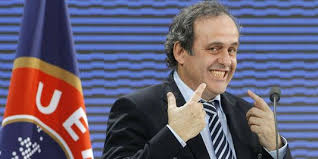
When hundreds of television cameras zoomed in on the climax of Euro 2016, capturing Portugal’s elation and France’s despair, one man was conspicuous by his absence – just as he had been throughout the tournament.
Gianni Infantino, less than three months into the job as the man chosen to lead FIFA into a new era of respectability, turned to his fawning converts and declared: “I can officially inform you here, the crisis is over.”
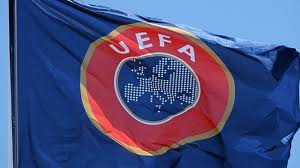
As Europe’s blazered football leaders filed out of Budapest following one of the shortest UEFA congresses on record, how many of them were examining their consciences?
When Sepp Blatter celebrated his 80th birthday this week in the bosom of his ultra-loyal family, perhaps with more than a touch of resentment at seeing his contribution to the game all but ignored during last month’s presidential hand-over, the man who replaced him was just completing his first week in charge.
Fortune favours the brave. Or in Gianni Infantino’s case, being in the right place at the right time.
At the start of the FIFA presidential race, all we heard was the need for a clean campaign, with each candidate energetically promoting his own cause. No finger-pointing, no duplicity, no mud-slinging.